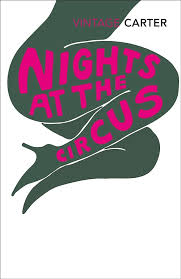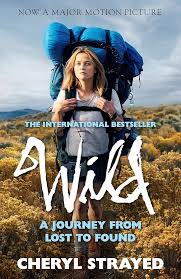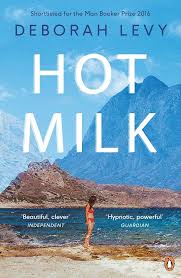
https://www.bbc.co.uk/iplayer/episodes/m001ys7b/dopesick?seriesId=m001ys7c
I already knew the story of the Sackler family, having read and reviewed Patrick Reeden Keefe (2021) Empire of Pain: The Secret History of the Sackler Family.
https://en.wikipedia.org/wiki/Sackler_family
Greed has consequences. This eight-episode dramatisation of the American dream turned nightmare for the little people is still being played out. An on-screen calendar flickers back and forward to show how corruption works and eats into people’s lives.
https://en.wikipedia.org/wiki/Dopesick_(miniseries)
The first episode, ‘First Bottle’ flashes back to the beginning of the opioid—OxyContin—crisis. All the main players are brought in.
Michael Keaton as Dr. Samuel Finnix,
Peter Sarsgaard as Rick Mountcastle,
Michael Stuhlbarg as Richard Sackler,
Will Poulter as Billy Cutler,
John Hoogenakker as Randy Ramseyer,
Kaitlyn Dever as Betsy Mallum,
Rosario Dawson as Bridget Meyer,
The initial focus is on the Christ-like figure of Dr. Samuel Finnix. His practice in the mid-1990s, the West Virginia mining town of Finch Creek. His wife has died from cancer. He goes that extra mile to ensure he takes care of his patients. For example, before going home, he nips into an elderly patient’s home that has dementia and makes sure she’s taken her tablets. He knows all his patient’s names and is too good to be true.
His nemesis is up-and-coming swaggerer Billy Cutler. He’s selling this new wonder drug. An opioid with little or no side-effects. Finnix is sceptical. He knows about opioids and their addictive properties. It’s a mining town after all. He’s not going to get sold moonshine. But he’s no match for modern marketing techniques. Cutler tells him what he’s been told. There’s a less than one-percent chance of addiction because of all that sugar coating.
Poor wee Betsy Maullin. Generations of her family have fed the mines with their bodies. Her mother and father are on first-person speaking terms with Jesus Christ. They pray before meals. The kind of family that would tend to vote for the moron’s moron Trump and praise the Lord for his inequities (I’ve gone off track here). Betsy has a terrible secret. She doesn’t like boys. She prefers girls. She wants to run away with a girl at work. But she gets hurt in a workplace accident. Her back is out. She’s out, but not in that way. If she can’t work she’ll have no job. She’ll have no dream to run away to.
The Christ-like figure of Dr. Finnix brought her into the world. He cannot let her suffer. He prescribes her this new wonder drug. And it is, at first, a wonder. She is painless. She can go back to work. We know the fallout. But well worth watching. No rich person was hurt in the making of this mini-series.
- 😈 “Unleash the Beastie! https://bit.ly/bannkie
- 📚 Share the Magic, Share the Page! 🌟 #BeastieNovel #BookBuzz” 😈








